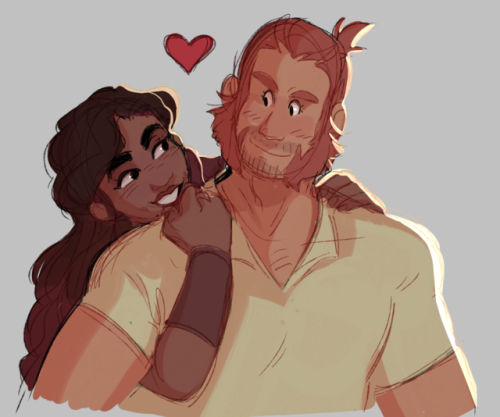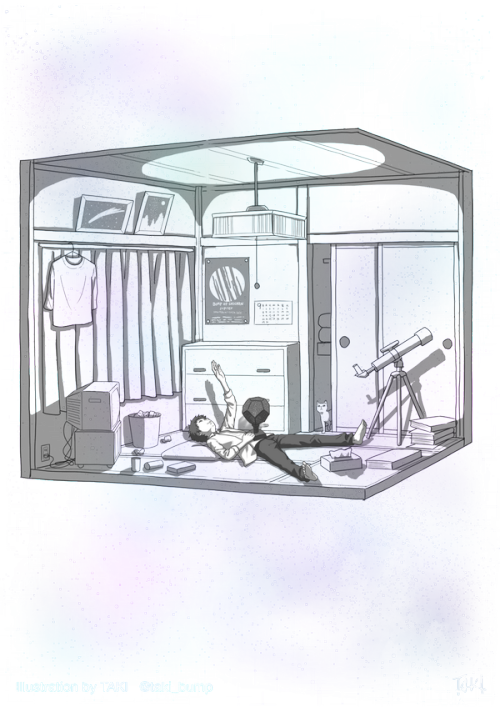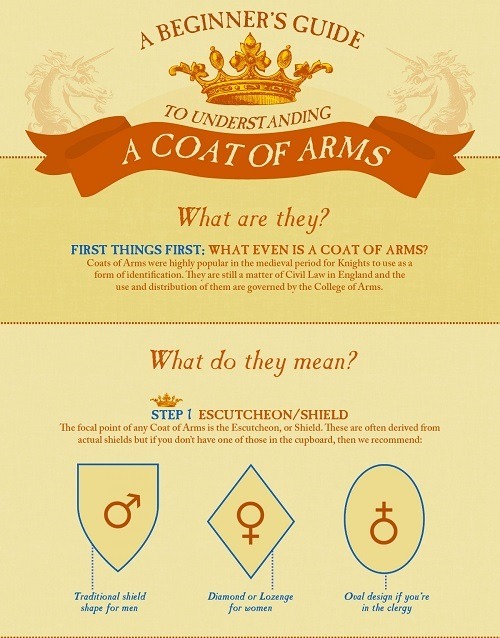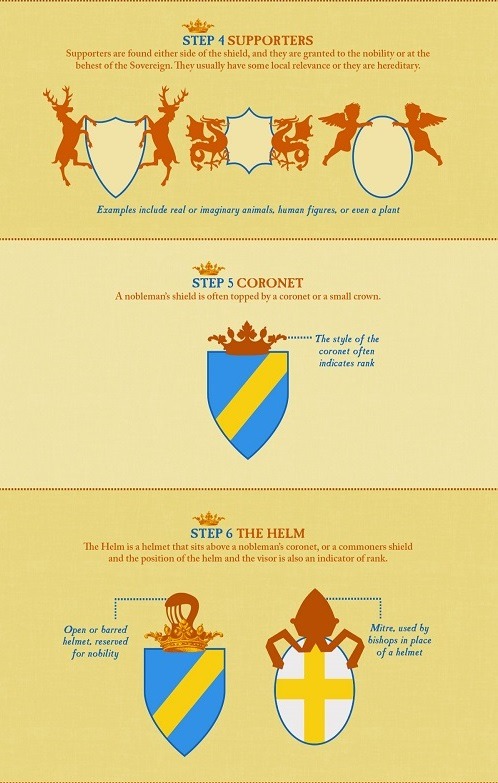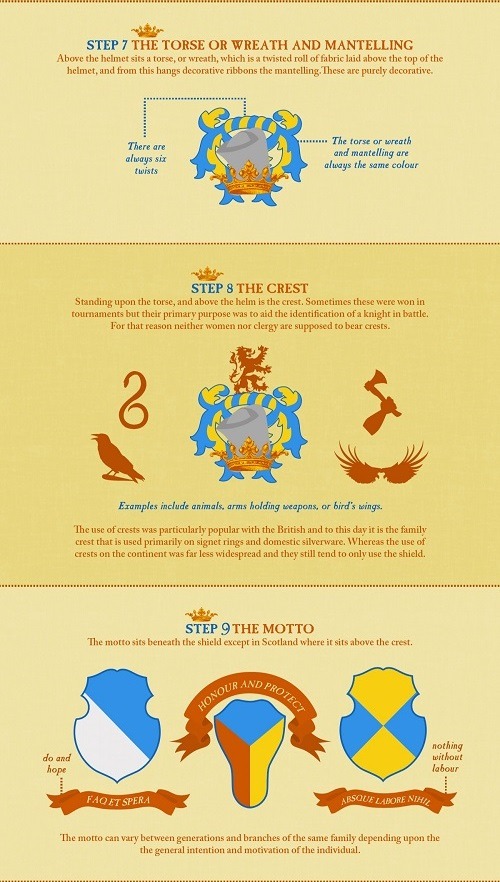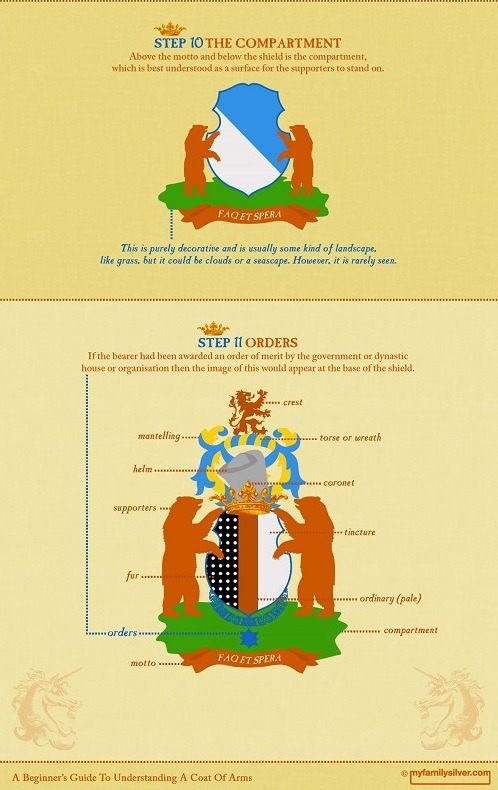
PLEASE VISIT MY WEBSITE
36 posts
And-void - Drawings Sometimes - Tumblr Blog
FREE ART PROGRAMS
So recently I came across a fellow artist who was struggling to find a free art program, and considering dropping the large amount of money for a Photoshop license. I know not everyone can afford such an expensive program, so I’ve compiled a list of programs with no cost to download and use.
Keep in mind all computers are different, so not all will work for everyone. Also, I’ve only ever used Windows, so for the most part, I’m not sure if everything will work for Mac. if in doubt check the website linked.
Photoshop CS2 - (Windows, not sure about Mac.)
FireAlpaca - (Windows and Mac)
Sketchbook Copic Edition - (Windows and Mac)
GIMP - (Windows) (Mac)
Paint tool SAI [cracked] - (Windows) (Mac)
Paint tool SAI 2 beta - (tumblr post on said program)
iPaint - (Mac)
Paintbrush - (Mac)
Pencil - (Windows, Mac)
Paint.NET - (Windows)
Seashore [still in development, ver 0.5] - (Mac)
ChocoFlop - (Mac)
Inkscape - (Mac and Windows)
ArtRage [Demo] - (Mac and Windows)
OpenCanvas 1.1[must pay for 2.0] - (Windows, not sure about Mac.)
MyPaint - (Windows)
Krita - (Windows)
Vectorian [Supports Animation] - (Windows)
Pixia[Japanese, some English versions] - (Windows)
Asperite - (Windows)
Chasys Draw IES - (Windows)
SmoothDraw - (Windows)
TwistedBrush Open Studio - (Windows)
BOUNS - CTRL+Paint [Great for teaching all kinds of stuff, like how to use digital programs.]
If you know more free programs, please add onto this!
Touch by Lucz Anne fowler
Attention anyone who needs hairstyle references
I want to introduce all of you to this amazing place called the ukhairdressers style gallery.
It’s basically a massive database full of high-quality images of different hairstyles. I mean, look at all the options in that sidebar (and part of it’s cut off):

In total they have 976 pages of hairstyles with about 17 styles each, that’s about 16592 hairstyles to look at.
Look at all the stuff they’ve got! Long hair:

Short hair:

Straight hair:

Curly hair:

Afro hair:

Men’s hair:

Hair on older models:

Extra-fancy hair:

Even crazy avant-garde hair:

So if you need help with designing a character or you just want to practice drawing hair, this is a fantastic resource.
writing an autistic character when you are not autistic - a masterpost
completely double spaced version on google docs here – this post is more blocky for the sake of people’s dashboards, but still long so people will be less likely to glaze over it. my apologies if that makes it hard to read
things to look for and avoid in an autistic character
• symptoms only manifesting as “nonverbal and rocking” • super smart / living calculator • super dumb / doesn’t understand anything • all the symptoms you can come up with for them are “awkward” and “has special interest(s)” (please do more research) • trains, technology, and/or math as special interests • acting like a child • getting treated like a baby • unreasonably cruel and uncaring about others’ reactions to them being cruel • if they’re comparable to sheldon from the big bang theory, start over • animal comparisons • a lack of feelings • please no stories about what it’s like to be autistic told by allistics
the right way to write an autistic person
• lots of symptoms, including secondary ones not included on a general diagnosis requirement list (here’s a list i rather like that was made by an autistic person – their blog is also a good resource) • having a good amount of general knowledge and actually talking about it (i cannot believe that i have to say this) • talking about things outside of special interests (again…. come on……….) (special interests are usually the default things our brains go to when theres no stimulation or we want to entertain ourselves – it isn’t literally all we think or talk about ever. if a conversation has no connections to a special interest, reconsider having your autistic character bring it up in a context that is not an introduction.) • explicitly expressed to be capable of attraction and romantic feelings – if your character is an adult, add sexual feelings to this point • capable of general functioning, just with a disability that makes it more difficult – not a walking disability (….sigh) • a wide amount of feelings and emotional turmoil (but perhaps only being able to express it in limited ways) • we’re people • just people whose brains are wired differently
things to avoid in research for an autistic character
• autism moms / autism blogs and websites not run by autistic people • any affiliation with autism $peaks means you should walk away and never look back • a scientist trying to create explanations for what autistic people do without actually asking / not mentioning asking autistic people • anything about a cure for autism • a person that “worked with autistic kids” phrased in the same way as “worked with animals” • talking about autistic people as if they are mysteries, are like animals, or are otherwise othered weirdos instead of people
things to look for in research for an autistic character
• actual autistic people talking about their experiences and symptoms • just stick to that and you’re good but it’s hard to find sometimes ngl. just look for the above red flags
things i would personally like to see in an autistic character
• less easy to swallow sadness and more destructive anger. i would love to see a canonically autistic character who was frustrated easily by small things and had trouble communicating why • not a story about being autistic, a story that happens to have a character or characters who are autistic – it isn’t pointed out or questioned, they’re right at home with the rest of the cast and not othered (a la symmetra from overwatch) • intensive sensory issues / small sounds making large reactions • clear communications about not liking x sensory thing (for example being touched) • poor motor skills / clumsiness and not being laughed at for it • walking funny (body bent downwards, walking very fast, walking slowly, big strides, shuffling, stiffness, etc) – no one treats it as if it’s funny or something totally strange • a big personality that has a presence so they can’t be cast aside (but feel free to have quiet characters too) – if this was along with being nonverbal they would probably leap to being one of my favorite characters ever • a fear of asking for clarification on sarcasm or jokes because of past experiences and an arc about the character becoming more comfortable asking questions
>> if any fellow autistic people want to add something, feel free <<
allistics are encouraged to rb this
Hello! So what I've noticed in my writing is that the 'bad guys' the antagonists, generally become the same thing. As in: an organization out to get protagonist and they avoid said antagonists. I was wondering if you had any advice on how to add variety to 'villains' in stories. Because the only other kind of villain I can come up with is one who tries to to take over the world or city and that feels over used and stale....
It might help to try exposing yourself to more stories, because there are many different examples of antagonists out there and a good chunk of them aren’t trying to take over the world.
I’ll direct you to this older ask about writing interesting antagonists as a start!
An antagonist isn’t always a straight-up “bad guy”, in fact, the best antagonists aren’t horrible people. They’re just people opposing the protagonist– that’s what “antagonist” means. They don’t have to be evil or crazy, they just work against the main character. Sometimes they’re just normal people with a bad reputation.
You need to think of your antagonists like any other character, just with goals that clash with the main cast instead of a “bad guy”. Try thinking smaller than “taking over the world”, what if the antagonist was only a threat to the protagonist’s world or way of life?
“Taking over the world” is an easy conflict to fall back on because it’s kind of black-and-white, but the best conflicts aren’t that simple.A bigger conflict doesn’t make a better story. The world is swimming in shades of gray and good antagonists (and protagonists!) show that.
Good antagonists also tend to be tied to good protagonists– to find variety in conflict, look at the main characters you create. If all their goals are to save the world, then you’d have to have a main antagonist trying to take it over (or some variation). If the protag’s goal is to win a competition, then the antag would likely be someone on a different team, a rival, or maybe their own insecurity.
It also all comes down to details. Your antagonists need motivation. Why are they trying to take over the world? Did the effects of climate change make them think humans are a plague that need to be destroyed? Do they have a power complex and need to subjugate others to feel better about themselves? Are they immortal and bored?
Start treating your antagonists like real characters instead of a plain force that works against the protagonist. They’re people too (most of the time, man vs environment is a thing) and that means they’re going to have motivation, depth, feeling– everything that your protagonist needs to be “developed”, they need as well! It’s true that you may not be able to explore that development as heavily because they aren’t the focus of the story, but you can use the information to craft them so they work specifically in your story. A cliche antagonist is likely a sign of a cliche story in general.
Here’s Ways to Flesh-Out Characters, and then the only extra thing that would make someone an antagonist is that they’re opposing the protagonist. Try to creating more personal conflicts (revenge can be a decent place to start) and variety of antagonists can come out of that.
Good luck with your antagonists!

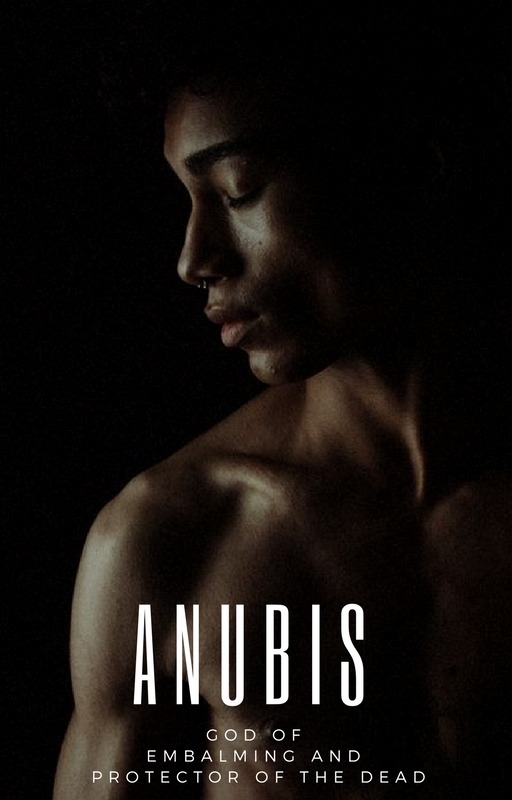




Egyptian Mythology
Popular Gods
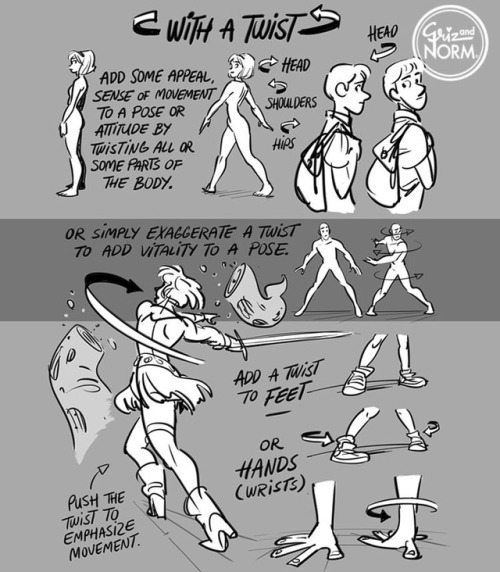
Tuesday Tips - With a Twist! Add some vitality to a pose by twisting parts of the body. A little or a lot. Give it a shot. #Norm #100tuesdaytips #WithATwist #grizandnorm #arttips #arttutorial
8 Ways to Improve Your Writing
I got a great anonymous ask last week from someone who wanted to know how to identify weak spots in their writing. One of the things that comes with time and experience is finding the language to identify, discuss, and address the feeling that something isn’t quite right or that a story is “missing something.” Not knowing them or their writing, of course I couldn’t help them figure out what specifically the problem was. But I did share with them a list of things I’ve done over the years to be able to identify weak spots and improve my writing.
1. Analyze your favorite writers.
Figure out why you like the writing that you like. Ask yourself: What are they doing here? What are they doing that I’m not doing? Why do I love their writing so much? Take notes on their stories. Plot them. Write in the margins. Read them slowly. Read their reviews—both good and bad. Did that writer you love once write something you hated? Great, even better. Figure out why that particular book was different from the others.
2. Analyze your own writing.
Do you have an older story you wrote that you love? Figure out why. What did you do differently in that story that you’re not doing in the current story you’re writing? Make notes. Draw maps. Reverse engineer everything.
3. Develop a language to talk and think about writing.
Read craft books, blogs, anything you can get your hands on. Learn about point of view, conflict, character development, dialogue, story structure, syntax, metaphors. Get your advice from good sources, and don’t believe everything you read. If something doesn’t sit right with you, throw it out. But be open to everything.
4. Journal and write about your writing.
Over time, you will identify consistent weaknesses that you have. Then, in the future, when you feel like “something is missing” from your writing, you can reference your notes and remember, for example, that you often have difficulty with your protagonist’s motivation, with theme, with dialogue, etc., and you’ll have a better idea about where to go looking.
5. Share your writing with someone you trust, ideally a more experienced writer than you or an editor or mentor.
Be very careful about who you share your writing with. Friends and family are not always the best choice. You don’t want someone who’s just going to throw around their uneducated opinion about your work, who has a big ego, or who won’t be honest with you. Remember: “I liked it” or “I didn’t like it” are useless pieces of feedback. You want someone who can read your work and say, “Your protagonist’s passion for music made them really likeable to me. I was dying to know whether they would get into the conservatory or not!” or “My attention wandered on page two, when you described the couch upholstery for three paragraphs.”
6. Analyze the areas of your writing which are commonly problematic for new writers (and writers in general).
In my experience as an editor, the most likely culprits are unclear character motivation and lack of conflict. There are a lot of good resources (books and blogs) about this. Try a Google search for “most common mistakes beginning writers make.”
7. Trust your intuition.
Do you keep coming back to the same page or scene in your story, feeling like it isn’t right? You’re probably onto something.
8. Take time away from your writing.
You’d be amazed how much more clear everything will be after a break. Give yourself at least a week for a short story, 3-4 weeks for a novel. It could also be the case that your ambitions for this particular story don’t yet match your skills, and that you’ll have to wait even longer to successfully finish it. I’ve known writers who have given up on a story only to come back to it months or years later once they’d gained the skills and insight to complete it. And then suddenly writing that story seemed really easy!

Tuesday Tips - Half and Half A technique I apply to help me draw the torso/hips area as well as the face. Splitting it in half helps me compare the width of mirrored features on the the other half. Also very useful when the body twists and folds on itself. Norm #grizandnorm #tuesdaytips #100tuesdaytips #halfandhalf




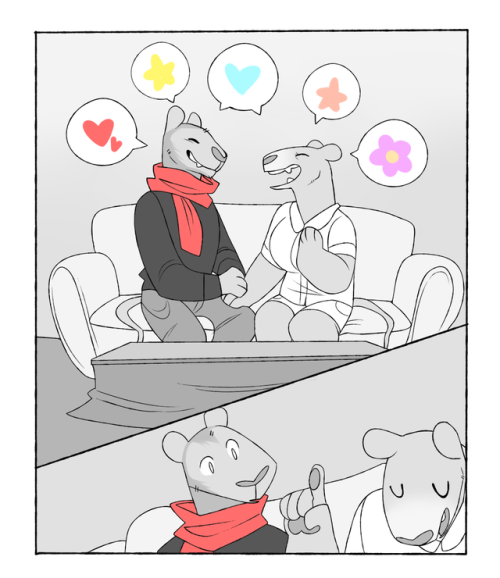

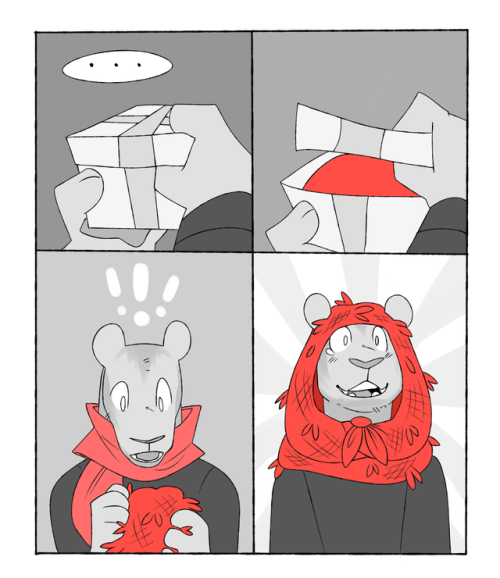

Mark pays a visit to his mother’s for the holidays Hope everyone has the chance to make fond memories before the year ends <3 My Patreon
Awesome Sites and Links for Writers
Just about every writer out there has several go-to websites that they use when it comes to their writing. Be it for creativity, writer’s block, to put you in the mood or general writing help. These are mine and I listed them in hopes that you’ll find something that you’ll like or find something useful. I’ve also included some websites that sounded interesting, but I haven’t tried out yet.
Spelling & Grammar
Grammar Girl – Grammar Girl’s famous Quick and Dirty Tips (delivered via blog or podcast) will help you keep your creative writing error free.
The Owl – is Purdue University’s Online Writing Lab (OWL) it's a great resource for grammar guides, style tips and other information that can help with your writing, especially academics.
Tip of My Tongue — have you ever had trouble of thinking of a specific word that you can’t remember what it is? Well, this site will help you narrow down your thoughts and find that word you’ve been looking for. It can be extremely frustrating when you have to stop writing because you get a stuck on a word, so this should help cut that down.
Free Rice – is a great way to test your vocabulary knowledge. What’s even better about this site is that with every correct answer, they donate 10 grains of rice to the United Nations World Food Program. So, please disable your adblock since they use the ads on the site to generate the money to buy the rice.
HyperGrammar – the University of Ottawa offers up a one-stop guide for proper spelling, structure, and punctuation on this site.
AutoCrit – the AutoCrit Editing Wizard can check writing for grammar errors, clichés and other no-no’s. It also provides a number of other writing resources as well.
Writer’s Digest – learn how to improve your writing, find an agent, and even get published with the help of the varied blogs on this site.
Syntaxis – it allows you to test your knowledge of grammar with a ten-question quiz. The questions change every time you take the quiz so users are sure to be challenged each time around. It definitely helps writers know if there’s something that they need to brush up on.
Word Frequency Counter – this counter allows you to count the frequency usage of each word in your text.
EditMinion – is a free robotic copy editor that helps you to refine your writing by finding common mistakes.
Proofreading for Common Errors – this is a simple tutorial on proofreading your writing by Indiana University.
BBC – has a section for helping you with your skills, especially in writing, from grammar to spelling, to reading, to listening and to speaking.
Tools
Copyscape – is a free service that you can use to learn if anyone has plagiarized your work. It’s pretty useful for those that want to check for fanfiction plagiarism.
Plagium – is another a copy detection system, that provides a very similar service to Copyscape and uses Yahoo! rather than Google to perform its searches. Just keep in mind that searches for simple text up to 25,000 characters remains free of charge, but any larger requires credits to be purchase.
Write or Die – is an application for Windows, Mac and Linux which aims to eliminate writer’s block by providing consequences for procrastination.
Written? Kitten! – is just like Write or Die, but it’s a kinder version. They use positive reinforcement, so every time you reach a goal they reward you with an adorable picture of a kitten.
Fast Fingers – offers you an easy way to improve your typing skills. It’s puts you through a quick typing game that tests your typing speed and improves it at the same time. It’s also a great way for writers to warm up.
Information & Data
RefDesk – it has an enormous collection of reference materials, searchable databases and other great resources that can’t be found anywhere else. It’s great to use when you need to find something and check your facts.
Bib Me – it makes it easy to create citations, build bibliographies and acknowledge other people’s work. This is definitely something that academics will love. It’s basically a bibliography generator that automatically fills in a works cited page in MLA, APA, Chicago or Turbian formats.
Internet Public Library – this online library is full of resources that are free for anyone to use, from newspaper and magazine articles to special collections.
The Library of Congress – if you’re looking for primary documents and information, the Library of Congress is a great place to start. It has millions of items in its archives, many of which are accessible right from the website.
Social Security Administration: Popular Baby Names – is the most accurate list of popular names from 1879 to the present. If your character is from America and you need a name for them, this gives you a accurate list of names, just pick the state or decade that your character is from.
WebMD – is a handy medical database loaded with information. It’s not a substitute for a doctor, but can give you a lot of good information on diseases, symptoms, treatments, etc.
MedlinePlus – is the National Institutes of Health’s Web site that contains information about diseases, conditions, and wellness issues in language you can understand. It also offers reliable, up-to-date health information, anytime, anywhere, for free. You can use the site to learn about the latest treatments, look up information on a drug or supplement, find out the meanings of words, or view medical videos or illustrations. You can also get links to the latest medical research on your topic or find out about clinical trials on a disease or condition.
Mayo Clinic – is a nonprofit medical practice and medical research group.
World Health Organization (WHO) – is a specialized agency of the United Nations that is concerned with international public health. Its current priorities include communicable diseases, in particular HIV/AIDS, Ebola, malaria and tuberculosis; the mitigation of the effects of non-communicable diseases; sexual and reproductive health, development, and ageing; nutrition, food security and healthy eating; occupational health; substance abuse; and driving the development of reporting, publications, and networking.
Google Scholar – is an online, freely accessible search engine that lets users look for both physical and digital copies of articles. It searches a wide variety of sources, including academic publishers, universities, and preprint depositories and so on. While Google Scholar does search for print and online scholarly information, it is important to understand that the resource is not a database.
The Old Farmer’s Almanac – this classic almanac offers yearly information on astronomical events, weather conditions and forecasts, recipes, and gardening tips.
State Health Facts – Kaiser Family Foundation provides this database, full of health facts on a state-by-state basis that address everything from medicare to women’s health.
U.S. Census Bureau – you can learn more about the trends and demographics of America with information drawn from the Census Bureau’s online site.
Wikipedia – this shouldn’t be used as your sole source, but it can be a great way to get basic information and find out where to look for additional references.
Finding Data on the Internet – a great website that list links that can tell you where you can find the inflation rate, crime statistics, and other data.
Word References
RhymeZone – whether you’re writing poetry, songs, or something else entirely, you can get help rhyming words with this site.
Acronym Finder – with more than 565,000 human-edited entries, Acronym Finder is the world’s largest and most comprehensive dictionary of acronyms, abbreviations, and initials.
Symbols.com – is a unique online encyclopedia that contains everything about symbols, signs, flags and glyphs arranged by categories such as culture, country, religion, and more.
OneLook Reverse Dictionary – is a dictionary that lets you describe a concept and get back a list of words and phrases related to that concept. Your description can be a few words, a sentence, a question, or even just a single word.
The Alternative Dictionaries – is a site that you can look up slang words in all types of languages, including Egyptian Arabic, Cherokee, Cantonese, Norwegian and many, many others.
Online Etymology Dictionary – it gives you the history and derivation of any word. Etymologies are not definitions; they’re explanations of what our words meant and how they sounded 600 or 2,000 years ago.
MediLexicon – is a comprehensive dictionary of medical, pharmaceutical, biomedical, and health care abbreviations and acronyms.
Merriam Webster Online – the online version of the classic dictionary also provides a thesaurus and a medical dictionary.
Multilingual Dictionary – it translate whatever you need from 30 different languages with this easy-to-use site.
Writing Software
Open Office – why pay for Microsoft products when you can create free documents with Open Office? This open source software provides similar tools to the Microsoft Office Suite, including spreadsheets, a word processor, the ability to create multimedia presentations, and more.
LibreOffice – is a free and open source office suite. It was forked from OpenOffice.org in 2010, which was an open-sourced version of the earlier StarOffice. The LibreOffice suite comprises programs to do word processing, spreadsheets, slideshows, diagrams and drawings, maintain databases, and compose math formula.
Scrivener – is not a free program, but it’s certainly a very popular one. It's great for organizing research, planning drafts, and writing novels, articles, short stories, and even screenplays.
OmmWriter – is for Mac OS X, a free simple text processor that gives you a distraction free environment. So you can focus only on your writing without being tempted or distracted by other programs on your computer. They are currently working on a Windows version of their software as well, so keep an eye out for that if you’re interested.
FocusWriter – is another free distraction-free writing application that keeps your writing space simple and clean without sacrificing functionality. It includes a daily goal tracker—work count and time spent writing—spell checking, real-time feedback on variables like word and page count, and tabbed document browsing. The great thing about this is that it's available for Windows, Mac and Linux.
Q10 – is a free portable distraction-free writing tool for Windows. The interface includes nothing but a tiny bar at the bottom that displays the character, word, and page count—you can toggle the bar off for a totally distraction free workspace.
Evernote – is a free app for your smartphone and computer that stores everything you could possibly imagine losing track of, like a boarding pass, receipt, article you want to read, to do list, or even a simple typed note. The app works brilliantly, keeping everything in sync between your computer, smartphone, or tablet. It’s definitely a useful app for writers when you have ideas on the go.
Storybook – this open source software can make it easier to manage your plotlines, characters, data, and other critical information while penning a novel.
ScriptBuddy – is a full-fledged screenplay software program. It handles the proper screenplay format automatically, so you can concentrate on your story. It is easy to use and the basic version is free.
TheSage – is a free application, which is a comprehensive English dictionary and thesaurus that provides a number of useful and in some cases unusual search tools.
Sigil – is ideal for e-book authors because it's a free EPUB editor with a stack of essential features.
YWriter5 – is a free word processor and is designed for Windows XP, Vista and beyond. It's a small but very comprehensive tool which helps you to plan your novel. It breaks your novel into chapters and scenes, helping you keep track of your work while leaving your mind free to create. You can set up deadlines, for instance, and the program’s Work Schedule report will let you know how much you’ll have to do, each day, to finish on time. You can even enter your characters, locations and items and freely organize them into scenes. This definitely sounds like it’ll be useful for NaNoWriMo writers.
Kingsoft Office (WPS Office) – is an office suite for Microsoft Windows, Linux, iOS and Android OS. The basic version is free to use, but a fully featured professional-grade version is also available. This software allows users to view, create and share office documents that are fully compatible with dozens of document formats, including Microsoft PowerPoint, Word and Excel. In other words, the format is similar to a Microsoft Word document (.DOC or .DOCX file) and supports formatted text, images, and advanced page formatting. Kingsoft Writer documents can be converted to Microsoft Word *.doc files in the software.
Creativity, Fun & Miscellaneous
National Novel Writing Month – is one of the most well-known writing challenges in the writing community, National Novel Writing Month pushes you to write 50,000 words in 30 days (for the whole month of November).
WritingFix – a fun site that creates writing prompts on the spot. The site currently has several options—prompts for right-brained people, for left-brained people, for kids—and is working to add prompts on classic literature, music and more.
Creative Writing Prompts – the site is exactly what it says. They have 100+ and more, of prompts that you can choose from.
My Fonts – is the world’s largest collection of fonts. You can even upload an image containing a font that you like, and this tells you what it is.
Story Starters – this website offers over one trillion randomly generated story starters for creative writers.
The Gutenberg Project – this site is perfect for those who like to read and/or have an ereader. There’s over 33,000 ebooks you can download for free.
The Imagination Prompt Generator – click through the prompts to generate different ideas in response to questions like “Is there a God?” and “If your tears could speak to you, what would they say?”
The Phrase Finder – this handy site helps you hunt down famous phrases, along with their origins. It also offers a phrase thesaurus that can help you create headlines, lyrics, and much more.
Storybird – this site allows you to write a picture book. They provided the gorgeous artwork and you create the story for it, or just read the stories that others have created.
Language Is a Virus – the automatic prompt generator on this site can provide writers with an endless number of creative writing prompts. Other resources include writing exercises and information on dozens of different authors.
Background Noise/Music
SimplyNoise – a free white noise sounds that you can use to drown out everything around you and help you focus on your writing.
Rainy Mood – from the same founders of Simply Noise, this website offers the pleasant sound of rain and thunderstorms. There's a slide volume control, which you can increase the intensity of the noise (gentle shower to heavy storm), thunder mode (often, few, rare), oscillation button, and a sleep timer.
Coffitivity – a site that provides three background noises: Morning Murmur (a gentle hum), Lunchtime Lounge (bustling chatter), and University Undertones (campus cafe). A pause button is provided whenever you need a bladder break, and a sliding volume control to give you the freedom to find the perfect level for your needs and moods. It’s also available as an android app, iOS app, and for Mac desktop.
Rainy Cafe – it provides background chatter in coffee shops (similar to Coffitivity) AND the sound of rain (similar to Simply Rain). There’s also individual volume and on/off control for each sound category.
MyNoise: Online Fire Noise Generator – If you love the sound of fire crackling in a fireplace, this is the site for you.
8tracks – is an internet radio website and everyone can listen for free, well it use to be completely free. Unlike other music oriented social network such as Pandora or Spotify, 8tracks doesn’t have commercial interruption (that’s if you get 8tracks Plus). Users create free accounts and can either browse the site and listen to other user-created mixes for as long as they like, and/or they can create their own mixes. It’s a perfect place to listen to other writer’s playlist, share yours or find music for specific characters or moods. Note: Joining is still free, however you’re now limited to 1 hour of free listening for each week (or more depending on how much people like your mixes). If you want unlimited access it’s $30 per year or $5.00 a month.
Playmoss – with 8tracks no longer having free unlimited listening and no commercial interruptions many people looked for an alternative and Playmoss is what 8tracks use to be. It has all the same basic features that 8tracks has, only with extra goodies like unlimited skips, able to see the entire tracklist before playing, start at any point in the playlist, see how many playlists contain a certain song and even collaborate playlists with other people.
more wonderful winter words ❄
hoarfrost (n.) a grayish-white crystalline deposit of frozen water vapor formed in clear still weather on vegetation, fences, etc. rime (n.) frost formed on cold objects by the rapid freezing of water vapor in cloud or fog. frazil (n.) soft or amorphous ice formed by the accumulation of ice crystals in water that is too turbulent to freeze solid. whiteout (n.) a blizzard, especially in polar regions, that reduces visibilities to near zero.


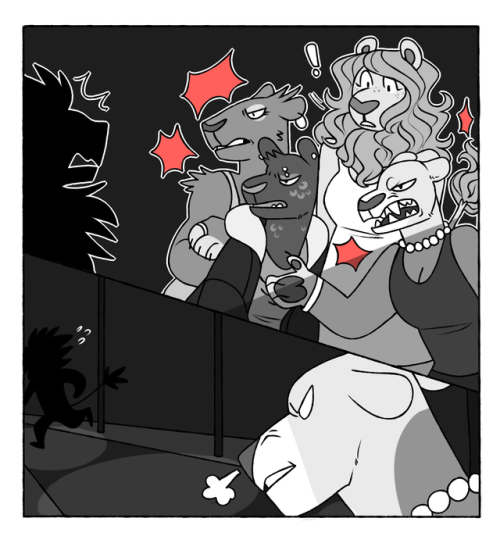

Unexpected kindness can make a difference in someones life. I haven’t done anything with the mane event in a while but the overwhelming love the comics still get drove me to make this lil piece I’ve had in mind Support the artist and future comics at My Patreon






It was getting too long, I had to cut it, I’ll make 2 more parts on the Art tips!!
Oh and also don’t hesitate to tell me what you think about this first one, if there’s too much text, if it’s hard to read, if it’s boring etc… I’m still not sure about how to make pretty tutorials ^^’
Have a super good day!! Hope it helps~~
*** Flipping your canvas on traditional media: Look at your painting in the mirror, or turn your paper and put it against a light, to see the reverse image or take a pic of your drawing with your phone, and in the pic editor, just flip it~~
